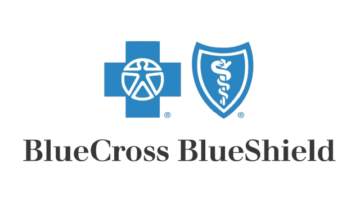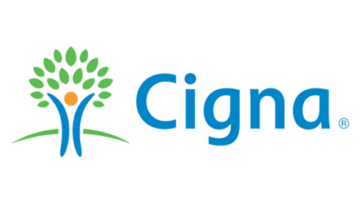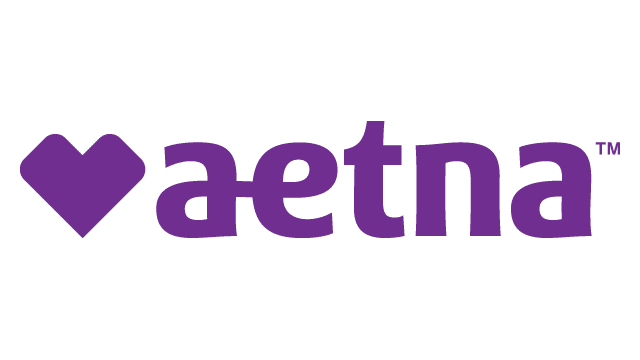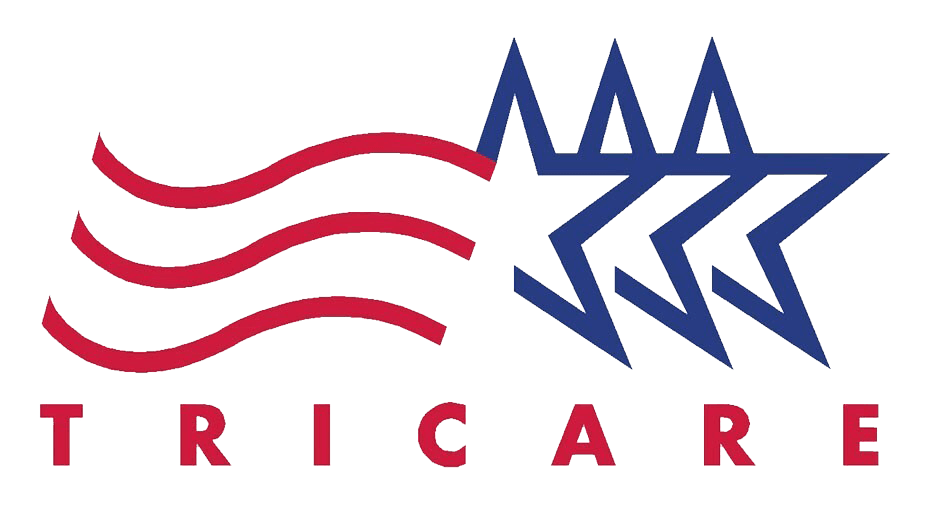Most people are aware of social media and its potential to addiction. People are increasingly spending more time on social media sites, which can lead to problems at work and at home. While social media can be a fun and useful tool, it is important to be aware of the potential dangers of addiction.
How to Look Out For Social Media Addiction
There are several warning signs that you may be addicted to social media. If you find yourself spending excessive amounts of time on social media sites, neglecting your work or other responsibilities, as well as withdrawing from activities they used to enjoy. These all are signs you may be a social media addict. Additionally, if you or a loved one becomes agitated or angry when not able to access social media, this may also be indicative of an addiction.
If you are concerned that you may be addicted to social media, it is important to talk about your concerns. Additionally, you may want to consider seeking professional help. There are many resources available to help people deal with social media addiction. With the right support, you can overcome this problem and go on to lead a happy and healthier life.
Becoming a social media addict is a very real and growing problem for people. The constant pressure to be available online, to post the perfect photo or status update, can lead to anxiety and depression. And, in extreme cases, social media addiction can lead to self-harm or worse.
What is CBT And How Can it Help?
While social media addiction is a relatively new phenomenon, there are already treatments available that can help people overcome their addiction. Cognitive behavioral therapy (CBT) is one of the most effective treatments for social media addiction. CBT helps patients understand the thoughts and behaviors that contribute to their addiction. It also teaches them healthy coping skills to deal with the urge to use social media.
Other treatments for social media addiction include support groups and counseling. Support groups provide social media addicts with a safe space to share their experiences and feelings with others who understand what they’re going through. Counseling can help social media addicts learn how to deal with the underlying issues that led to their addiction. It’s possible for a social media addict to recovery, and those who once suffered from it can go on to continue to live full and happy lives.
How Can Omega Recovery Help with Social Media Addiction
If you think you may be a social media addict, don’t hesitate to seek help. There are many resources available for families dealing with social media addiction. With the right treatment, you can overcome your addiction and lead a better life. With the prevalence of social media in our lives, more and more people are struggling with this addiction.
Omega Recovery offers a unique approach to social media addiction treatment. Our team of experts understands the power of social media and how it can be used to fuel addiction. We use a variety of techniques to help our clients break free from their addiction and build a healthy, sustainable relationship with social media.
If you or someone you love is struggling with social media addiction, we encourage you to reach out to Omega Recovery. We at Omega Recovery offer a confidential consultation to discuss your unique situation and develop a customized treatment plan that will meet your needs.
Can Anyone Have Social Media Addiction?
When it comes to social media, everybody is susceptible to the addiction. In fact, social media addiction is a growing problem among many adults, with many becoming obsessed with checking their favorite platforms multiple times per day.
While social media can be a great way to stay connected with friends and family, it can also lead to unhealthy levels of obsession and comparison. If you find yourself spending hours on social media every day, it may be time to reassess your relationship with these platforms.
Here are some signs that you may be addicted to social media:
- You check social media as soon as you wake up in the morning.
- You feel anxious or irritable when you’re not able to check social media.
- You regularly check social media during work or school.
- You use social media as a way to procrastinate from other responsibilities.
- You spend more time on social media than you do interacting with real people in person.
- You frequently compare yourself to others on social media and feel inferior or jealous.
- You’ve been told by others that you’re spending too much time on social media.
If you identify with any of the above, it’s important to take steps to reduce your social media usage. Try setting specific times of day when you’ll allow yourself to check social media, and stick to those limits. Additionally, make an effort to engage in other activities that don’t involve screens, such as talking with friends in person, reading, or going outside for activities.
There are Serious Consequences to Social Media Addiction
Social media addiction can have serious consequences if it’s not addressed. These include problems with mental health, work or school performance, and even social relationships. If you think you may be addicted to social media, talk to a trusted friend or family member about your concerns. You can also seek help from a mental health professional.
So what are the potential dangers of social media addiction? Let’s take a look at some of the most common ones:
Anxiety: When we’re constantly exposed to the highlight reels of other people’s lives, it’s easy to compare our own lives to theirs and come up short. This can lead to feelings of anxiety and insecurity.
Depression: Social media addiction has been linked to depression in both adults and adolescents. This may be due to the fact that social media can increase feelings of social isolation.
Poorer work performance: If you’re spending hours on social media every day, it’s likely impacting your work performance. You may find it harder to focus on tasks or meet deadlines.
Social problems: Social media addiction can also lead to problems in your social life. For example, you may start neglecting friends and family members in favor of spending more time online. Additionally, you may become more argumentative with people you interact with online.
It’s important to remember that social media is just a tool; it’s how we use it that can lead to addiction. If you’re concerned about your social media usage, there are steps you can take to cut back and regain control. Talk to a friend or family member about your concerns, and consider seeking help from a mental health professional if necessary. With some effort, you can break the social media addiction.
About Omega Recovery
Omega Recovery is a treatment center that specializes in social media addiction. Our unique approach combines traditional therapy with social media detox and education. Our program helps people to develop a healthy relationship with social media and to use it in a way that supports their recovery. If you or someone you know is struggling with social media addiction, we can help. Visit our website or contact us today to learn more about our program and how we can help you or your loved one recover.







